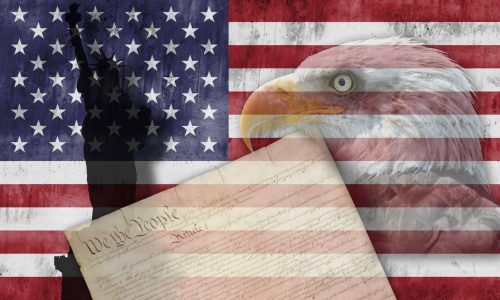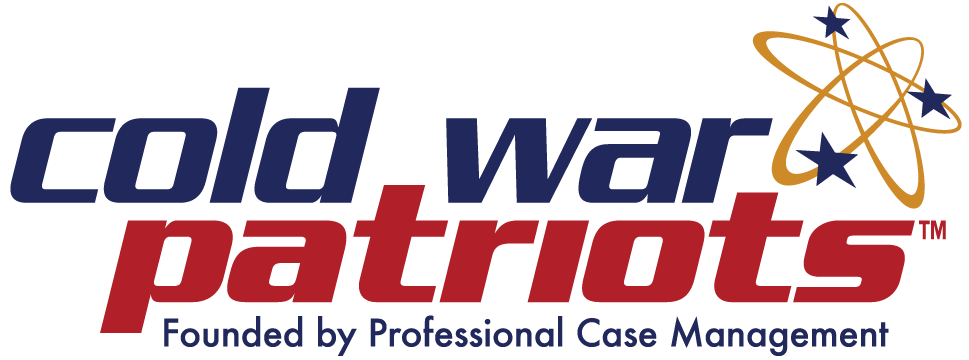
CWP Blog | CWP
EEOICP Celebrates 20 Years on October 30th
October 20, 2020
October 20, 2020
CWP
CWP Blog
The EEOICP, which was passed by an historic bi-partisan Congressional vote, was enacted on October 30, 2000, to provide monetary compensation and medical benefits to employees who suffered illnesses due to their service in the nuclear weapons and uranium industries. Three years after the formation of EEOICP; CWP, a division of Professional Case Management, was founded to help thousands of patriots navigate the program.
Prior to the passage of the EEOICPA, workers who filed claims under their state’s workers’ compensations programs for occupational illness due to radiation and other toxic substance exposure were met with roadblocks from Department of Energy (DOE) contractors who didn’t want to compensate them. Evidence to win cases was hard to come by, often shrouded in needlessly classified documents that hid the fact that workers were placed in harm’s way.
“This compassionate legislation reversed decades of injustice for these workers who sacrificed so much for our safety and are now paying with their health and, in some cases, their lives,” says Tim Lerew, CWP Spokesman. “This law is America’s response to acknowledge and address the illnesses caused and contributed to by the work these heroes did – often in secrecy – to ensure the end of the Cold War.”
Early investigative news reports that caught the attention of then-Department of Energy (DOE) Secretary Bill Richardson ultimately led to the legislation being drafted. The DOE hosted meetings with workers, their family members, or their survivors around the country about the ultra-hazardous conditions in the nuclear weapons complex.
George Barrie worked at the Rocky Flats Plant in Colorado, and testified at one of the meetings about an illness he contracted in 1995 that made him unable to work.
“I was convinced that my illness was related to radiation exposure at Rocky Flats, so I filed a state workers compensation claim, but it was denied,” Barrie recalls. “I was scared to speak out at first, but I wanted to help my co-workers.”
Testimony like Barrie’s convinced Secretary Richardson of the need for a federal compensation program, and on April 12, 2000, Richardson announced that the administration intended to seek compensation for the workers. In the following months, workers organized through their union and other local groups to educate legislators about their plight, while lawmakers hammered out the details of the program. President Bill Clinton signed the EEOICPA into law on October 30, 2000. In 2004, access to benefits under EEOICPA was expanded and streamlined with additional legislation designated “Part E.” President George W. Bush signed the Part E Amendment to the EEOICP into law on October 28, 2004.
The program compensates nuclear weapons and uranium workers who become ill due to their work in the nuclear weapons complex up to $400,000 in monetary compensation, plus free health benefits including in-home care.
Barrie says the EEOICP, which has approved over 90,000 cases for financial compensation and medical benefits to date, has changed his life. “The EEOICP has been such a blessing for me,” he reports. “Because it covers medical expenses for my relevant conditions without a co-pay, I am able to keep an eye on my health without facing a financial burden.”
